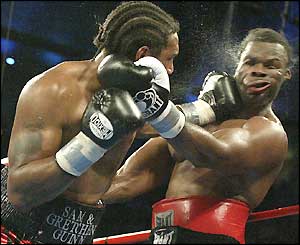I'm getting tired of explaining something to you that you are determined not to understand. Do you understand the difference between a tautology and an observation?
Here we go again.
Let me try to explain it again, as though you were a five-year-old kid, and maybe you'll get it.
The sun rose in the east yesterday. It rose in the east the day before. In fact, no one can remember a time when the sun did not rise in the east. You, therefore, claim that the sun will rise in the east tomorrow.
How do you
know this?
You are employing something called
induction. Your reasoning is as follows:
P1. The sun rose in the east has always risen in the east in the past.
C. The sun will always rise in the east in the future.
The problem is that
the conclusion does not follow from the premises.
Accordingly, there must be a missing premise.
The missing premise is: What is true of the past will also be true of the future.
The question is now: How do we know that the past is a good guide to the future? Most people, when asked this question, invariably say: Because it has worked well in the past.
So their argument is that the past is a good guide to the future because
it has worked well in the past and will, therefore,
work well in the future. The problem with this argument is that it is
begging the question. It assumes that the past is a good guide to the future and uses this to (supposedly) prove that the past is a good guide to the future.
Now, your argument is that natural selection is an
observation. Yes, it is! It's an observation that you have made
about the past. Why should I think that this observation will hold true
in the future?

